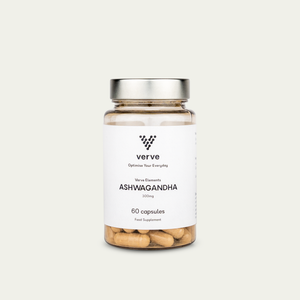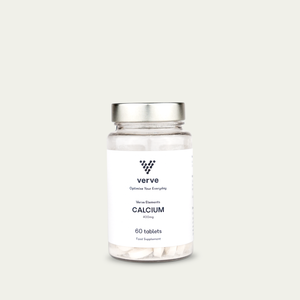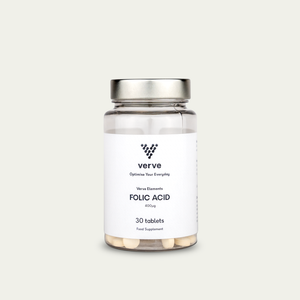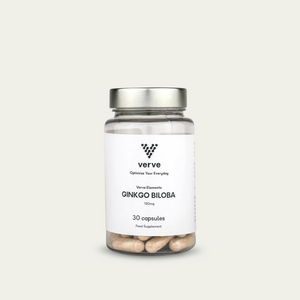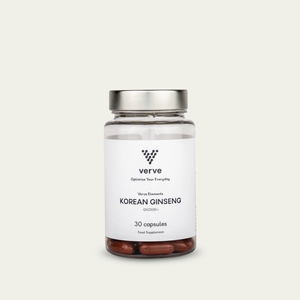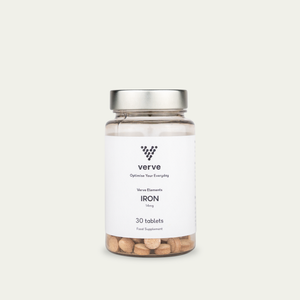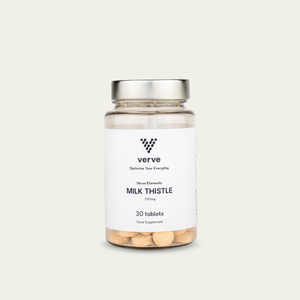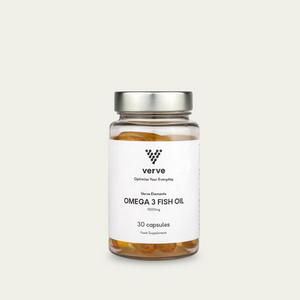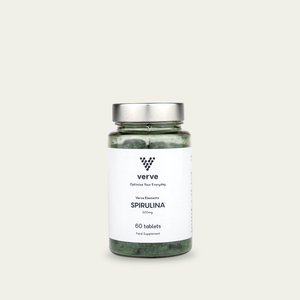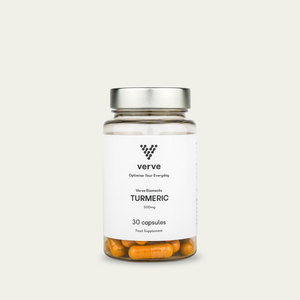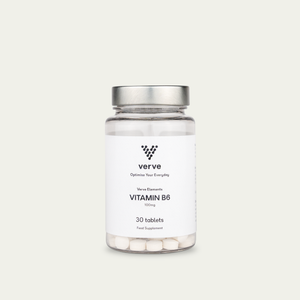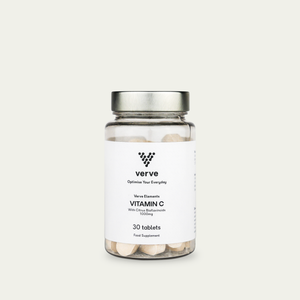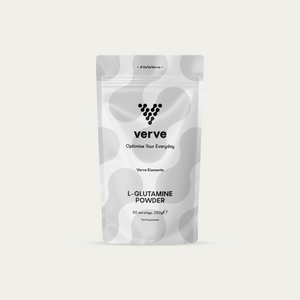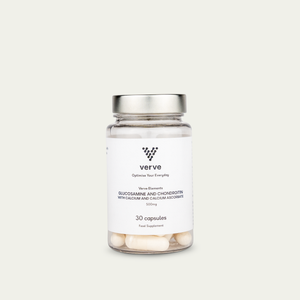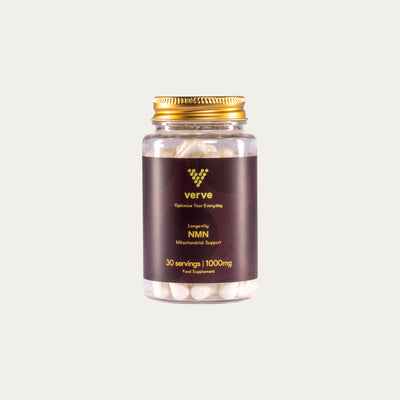Signs Your Probiotics Aren’t Working
Of course, you can just reverse the signs they are working, but if you aren’t feeling noticeable effects, there might be something wrong.
Some signs your probiotics aren’t working include:
- Persistent fatigue
- Unchanged Immune Response
- No Change in Mood or Mental Clarity
- Constipation and other digestion issues
- Irritable bowel syndrome (IBS)
However, don’t stop the supplementation because it didn’t quite meet your expectation. Quite often, users make the mistake of having too high (or fast expectations), and then they stop continuing while the probiotics were helping. If you notice minor improvements, it may be worth increasing the dose as well, since many of the probiotics die when they come into contact with your gut flora.
Why are my probiotics not working?
If you've been religiously taking probiotics but haven't felt the improvements you expected, it can be disheartening.
It's important to remember that while probiotics have potential benefits, gut health is a complex matter influenced by numerous factors.
Here's why your probiotics might not be delivering the results you hoped for and what other elements could be at play.
- Diverse Microbiome Needs: Your gut is home to trillions of bacteria, all of which have different needs and functions. Probiotics often contain only a few strains of bacteria, and while these can be beneficial, they might not be the strains your gut specifically needs. It's like planting only one type of flower in your garden and expecting a diverse ecosystem to flourish.
- Prebiotic Intake: Probiotics need prebiotics to thrive. Think of prebiotics as the nourishment that the beneficial bacteria in your gut feed on. Without an adequate intake of dietary fibres and resistant starches found in fruits, vegetables, and whole grains, your probiotics may not have the fuel they need to multiply and support your gut health effectively.
- Lifestyle Factors: Lifestyle plays a huge role in the efficacy of probiotics. High stress levels, inadequate sleep, and poor diet can all negatively affect gut health. Even if you're taking probiotics, these factors can impede your gut's ability to respond to the beneficial bacteria.
- Medication and Antibiotics: Certain medications, especially antibiotics, can wreak havoc on your microbiome, wiping out both good and bad bacteria indiscriminately. If you're on medication, it might be hindering the probiotics' ability to establish themselves in your gut.
- Quality and Viability of ProbioticsThe quality of the probiotic supplement matters. Some products may not contain live strains or might not be able to survive the journey through your digestive system. Make sure you're using a reputable brand that ensures the viability of its probiotics.
- Dosage and Duration: It might be that you haven't been taking the probiotics long enough to see an effect, or that the dosage isn't right for your body. It’s often a game of patience and personalisation when it comes to probiotics.
- Individual Health Conditions: Some health conditions can affect how well probiotics work in your body. For instance, individuals with a compromised immune system or certain gastrointestinal diseases might not respond to probiotics in the same way a healthy individual would.
Additionally, you also want to ensure you are following any storage instructions on the label. For example, some probiotic supplements including strains like Lactobacillus, Bifidobacterium, and Streptococcus need to be refrigerated. If they aren’t, they won’t survive, and will lose their effects.
Nurturing Your Gut Health Beyond Probiotics
Remember, while probiotics can be beneficial, they are just one piece of the gut health puzzle. A comprehensive approach to gut health includes a balanced diet rich in pre & probiotics, consideration of lifestyle factors, stress relief, and patience. It's about creating an environment where probiotics can work in harmony with your body's natural ecosystem.





